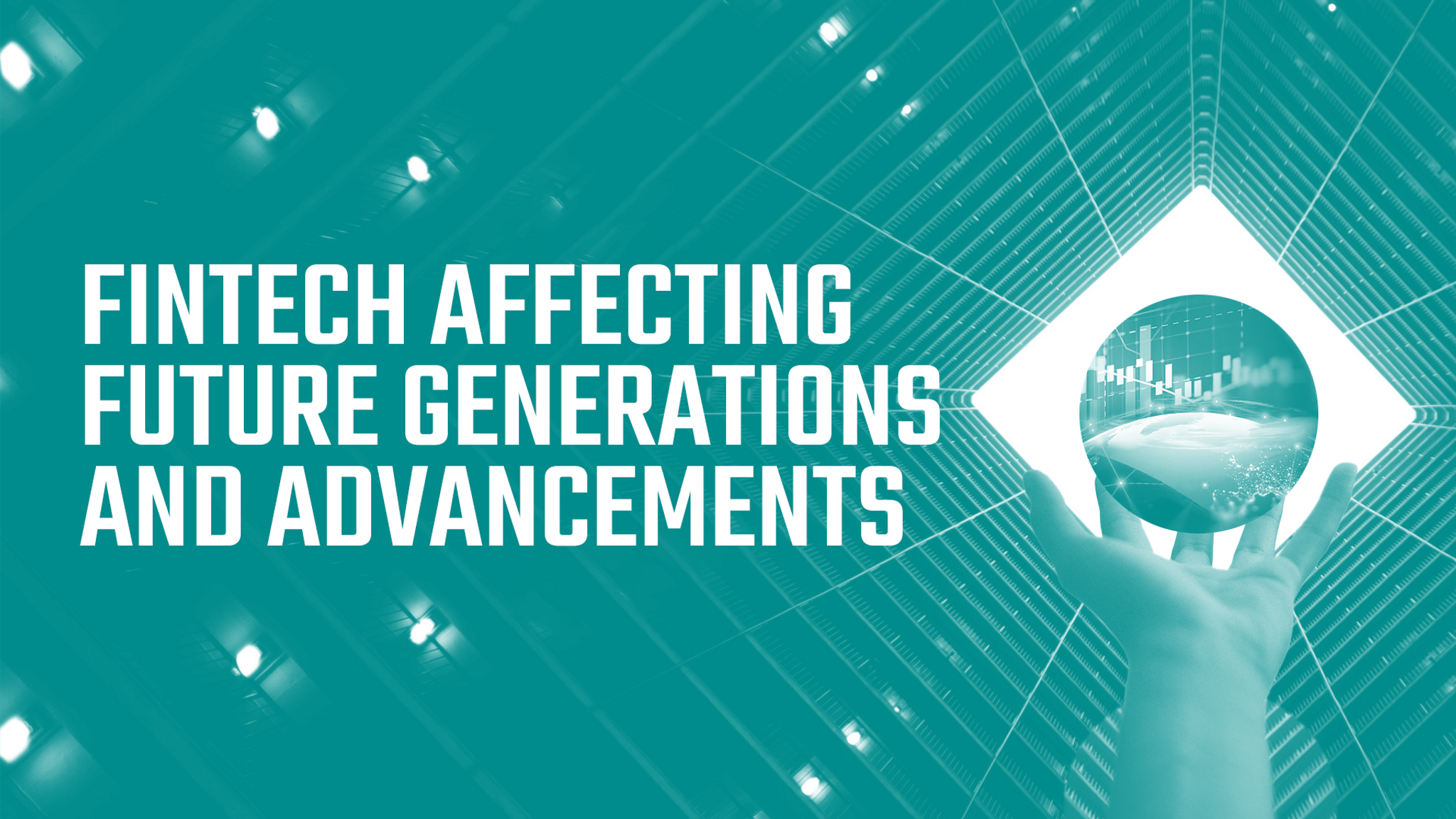Fintech: It’s Pivotal Role in Affecting Future Generations
Madison Schumann
Published on

In our fast-paced, digital age, the financial landscape is undergoing a profound transformation, thanks to the rapid advancements in fintech.
This evolution is playing a pivotal role for individuals in developing countries when accessing financial services because not only is it increasing newer generations' financial education and literacy, but it’s also empowering youth to invest in more user-friendly interfaces.
Financial Inclusion and Accessibility
One of the most significant impacts of fintech is its contribution to financial inclusion. Traditional banking systems often exclude marginalised communities due to various barriers.
Fintech, through mobile banking apps and digital wallets, is bridging this gap around the world. For example, fintech has massively increased access to bank accounts for people in Argentina; the number of bank accounts increasing from 49% of citizens in 2017 to nearly 72% as of 2021, says the Statista Research Department.
Having access to banking services allows people to make payments, secure microloans, and further empower them economically.
Education and Empowerment
Along with increasing financial inclusivity, fintech also empowers the public to participate more in investing.
For example, the Stash app is an online trading platform that is bridging the gap between online banking and investments. With the Stash debit card, customers receive a fractional share of any publicly traded company they make a purchase from.
According to NYU Stem Interviewee, Claudio Esposito, Vice President of Product at Stash, says that 40% of customers who received fractional shares, ended up making a follow up investment. This proves that there is an interest in investing, but many just need to incorporate the right resources for people to get involved.
Numerous apps and platforms are designed to enhance financial literacy among individuals. From teaching the basics of budgeting to explaining complex investment strategies, these tools empower users to make informed financial decisions.
Such education is invaluable for future generations as it equips them with the knowledge to navigate the increasingly complex financial world.
Changing Financial Habits
Millennials and Generation Z around the world are adopting different financial habits compared to previous generations. For example:
- People in their 20’s in most of the Association of Southeast Asian Nations (ASEAN) countries are more than 50% more likely to use digital banking than those in their 40s, says OCED.
- In the United States 55% of people between ages of 18 and 37 use fintech tools compared to 36% of older working-age adults, says OCED.
These younger generations are more inclined to get involved with digital payment methods and are comfortable using apps for investments. Fintech companies have capitalised on this shift, and are continuing to create user-friendly interfaces that resonate with the preferences of the youth.
Looking Ahead
As we move forward, it’s crucial to strike a balance between innovation and responsibility. Fintech holds the key to shaping a more financially inclusive future, providing opportunities for everyone, regardless of their background.
By embracing these advancements responsibly, we pave the way for a future where financial services are accessible, transparent, and tailored to individual needs and future generations stand to benefit immensely.
Looking to get involved with fintech?
Become a mentor on our upcoming 2023 Fintech Accelerator Program here.
